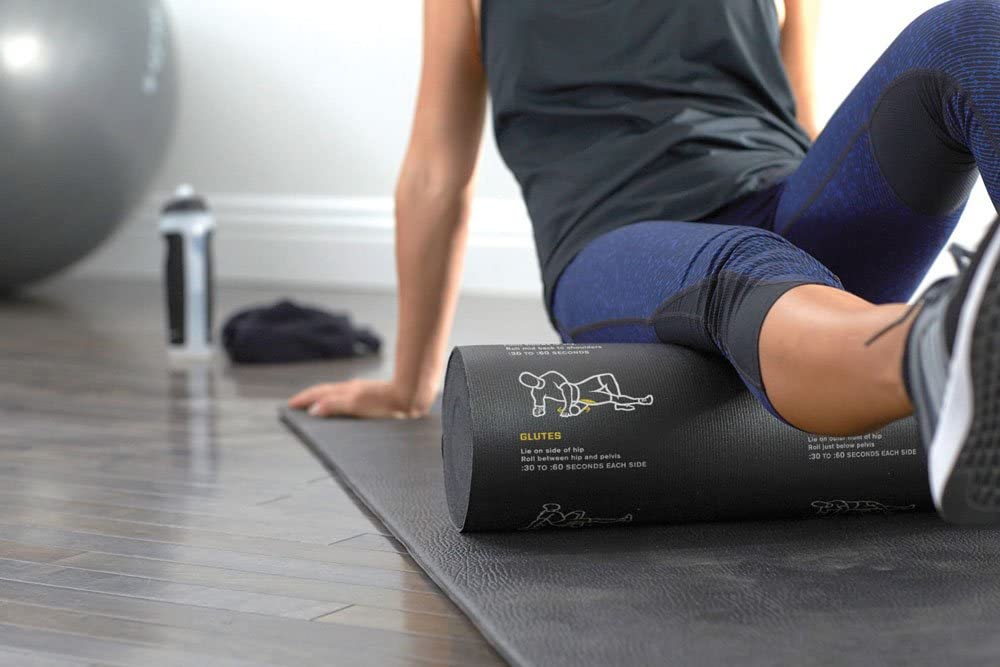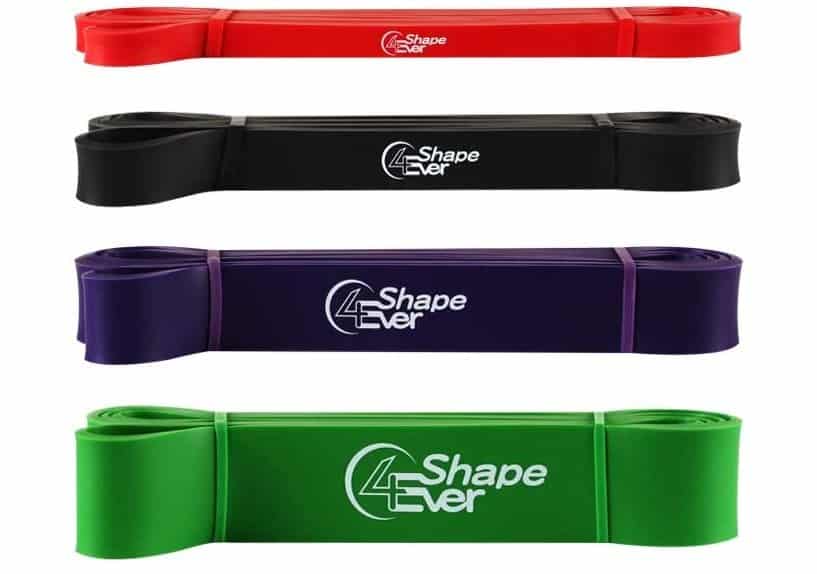If you’re anything like me, the thought of setting a 6am alarm to go running with the dog is as horrifying as a long carry over water to a tiny green.
Tired, heavy legs pounding the pavement never seems to result in a shrinking waistline, and after a few days it all gets too hard and you feel like throwing in the towel.
While running is certainly no motivator to spring out of bed at the crack of dawn, golf is very much the opposite.
A 7am tee time requires an extra early start, especially if you want to warm up beforehand (and don’t worry, those driving range mats won’t damage your clubs).
When golf is the reason to wake up early, I seem to beat my alarm and feel fresh as a daisy – unlike a morning run, which I dread.
So, it got me thinking: if I want to get in better shape and lose some weight, can I just start playing more golf?
Golf can absolutely help you lose weight. Walking an 18-hole golf course in four hours can burn up to 800 calories, or even more if the terrain is hilly and if you are carrying your golf clubs in a carry bag. While you will lose weight quicker via cardio or weight training, walking the golf course is proven to help burn excess body fat.
In fact, one of my regular playing partners dropped almost seven kilograms (15 pounds) in 10 months purely by playing golf twice a week, spending two hours per week at the driving range, and by eating smaller meal sizes without making any significant change to his diet.
And trust me, he eats more icecream than most people. So, the proof is most certainly in the pudding in his case.
But along with the physical benefits that playing golf has, the game can also improve a person’s mental health.
Table of contents
What are the health benefits of playing golf?
Golf offers a number of health benefits including potential weight loss; mental health benefits; and also an increased intake of Vitamin C due to the amount of time you spend in the sun during a round. Most importantly, golf provides a fun opportunity to burn some calories without exercise being the main focus.
When running, swimming or cycling, the main purpose of the activity is the exercise itself, leaving you likely to think about and feel every kilometre or mile.
The beauty of golf is that the mind is usually occupied on the next shot – thinking about club choice or shot selection, rather than the steep incline you are covering to reach your ball – or by conversation with your playing partners.
A good round of golf will leave you satisfied and invigorated, all the while getting a somewhat unnoticed six-or-so kilometres into the legs.
The health benefits of golf aren’t just physical, either.
Being outdoors is a great opportunity to enjoy fresh air and nature, de-stressing after a work week and doing wonder’s for your mental wellbeing.
If you sit at a desk job from Monday to Friday, the outdoor walk on the golf course is great for clearing your head and decompressing your spine, which has been crumpled from eight hours of sitting in your office chair.
Can golf be bad for your body?
Like any movements completed through sport or exercise, repeated incorrect form and posture can be damaging to your body – and the same can be said for your golf swing. Injuries are possible in golf and it’s important to seek professional medical advice, and not try playing on, if you are experiencing pain.
The golf swing involves the full body, and the highly repetitive nature of the golf swing can promote the development of hand and wrist issues, or back issues, as well as other joint pain.
Playing golf three times a week is excellent for cardiovascular health, so it’d be a shame to be fitter than ever having developed golfer’s elbow in the process (if this is you, it might be worth considering wearing an elbow brace).
To avoid injury, develop a stretching routine to practice three times per week, focusing on the back, shoulders and arms.
BELOW IS A GREAT VIDEO ON SOME GOLF SPECIFIC STRETCHES YOU CAN DO (SKIP AHEAD TO THE 22-MIN MARK FOR THE EXERCISES):
Since your back can take a large load during the golf swing, especially if technique is poor, some abdominal strength training is an excellent preventative measure to protect your spine and the surrounding muscles that support it.
It also pays to have good equipment and clothing to help avoid injuries.
Golfing attire may be expensive, but it is flexible and lightweight, designed so that it doesn’t impede the golf swing.
Good quality golf shoes are a must in order to reduce the chance of slipping or developing sprains and blisters from all the walking you’ll be doing.
Another vital preventative measure for any golfer is receiving some lessons.
A PGA professional will be able to help you develop an optimal technique that places minimal stress on the parts of your body most active in your golf swing.
Recently, my golf coach identified my tendency to slide forward as a trigger for my back pain, encouraging me to pivot instead.
This, along with regular abdominal exercises, has seen my pain have far less of an impact on my game.
Ultimately, as much as golf can be addictive, it’s crucial that every golfer can recognise when their body isn’t feeling right.
If you’re hurting, walk off the course, take a break and don’t let a small issue become a big one as a result of trying to push through the pain.
Is golf good for mental health?
Physical activity is proven to reduce symptoms of anxiety, depression and even dementia. By that reasoning, golf, which is a very physical game, especially if you like walking the course rather than riding in a cart, can be extremely beneficial to your mental health.
Dementia, in particular, disproportionately affects people who are elderly, making strenuous exercise, such as cardio or weight training, a less likely option to provide relief.
Luckily, golf is a sport that suits itself well to people of all ages and fitness levels, with many golfers continuing to play well into their 80s and beyond.
I even heard of a bloke at my home club who was, up until only recently, still walking the course with an electric push cart every Saturday despite being well into his 90s!
Golf is a sport that can elevate the heart rate without requiring extreme exertion, helping to clear the mind and offer some moderate mental benefits.
Many people find a lack of socialisation and company to have a negative effect on their state of mind, and playing golf is a great way to meet new people and form new relationships while staying active.
If you don’t have a playing partner or group of friends to tee up with, ring a local club and ask them to book you in with a random group.
Golfers are generally welcoming and embrace new people, as shared tee times are a common feature at any course, especially when busy.
Anyone passionate about the great game will have no problem speaking the shared language of golfing terminology, with both long time playing partner or a fresh face, and will happily have you tag along for a round.
Does playing golf reduce stress?
Golf can greatly reduce stress levels or make them skyrocket – it all depends on the attitude you take onto the course. If you don’t take your golf too seriously, it’s likely playing the sport will be a stress reliever. If you’re super serious, there’s a chance a poor round will have a negative effect on your stress levels.
If you’re looking for fresh air and sunshine, a couple laughs and some light exercise, a casual round will greatly reduce any stress built up during the working week.
If shooting two strokes over your handicap makes you rage or tight out of bounds fences gets you hot under the collar, a round of golf might end up leaving you more wound-up post game than before you started.
If the latter describes you, you might need to make one of the following changes:
Play less competitive rounds – By playing more casual, social golf, you’ll feel less stress to perform as your handicap won’t be affected by a bad round. Play two balls and double the opportunities to hit the sweet spot for the ultimate satisfaction boost.
Play cheaper balls – If anxiety about losing $5 Pro V1s increases your stress levels, try selecting a cheaper ball to play. You might lose out slightly on performance, but will gain those shots back due to your calmer, more relaxed demeanour.
Play easier courses – While this may sound like a cop out, nobody enjoys blazing drives out of bounds and hacking about in the trees. Try finding some easier courses to play where a wayward drive won’t lead to you reaching into the bag for another ball.
How can I best prepare for/recover from golf?
While golf can be great for your fitness, it can also promote injuries if not done properly, played too regularly, or no effort is made to recover.
Here’s some great equipment to prepare your body for the physical stresses of back-to-back rounds and look after your body to stave off any aches and pains.
Bowflex SelectTech 552 Adjustable Dumbbells

A good set of dumbbells is a must for any home gym set up, and since Tiger Woods in the late ’90s – and Bryson Dechambeau more recently – it has become clear that strength and power off the tee can give players an edge on the course over their rivals.
If you want to drive longer and recover quicker, add some muscular strength with the help of the Bowflex SelectTech 552 Adjustable Dumbbells.
Memory Foam 20-Inch Foam Roller

If you’re playing golf regularly, loose muscles are vital to maintain a smooth, tempo-driven swing.
Tight muscles and aches and pains can lead to irregular movements in the swing to avoid pain, leading to undesirable results.
This memory foam roller from Amazon is the only muscle relief tool you’ll need to stay limber for back to back rounds.
There are plenty of exercises you can find by searching online that will keep you in the best shape possible for every 18 holes you play.
4evershape Resistance Bands

A set of resistance bands is excellent for the older golfer, providing a range of options and tensions to keep muscles strong and limber.
Bands will allow for the heavy modification of exercises, meaning anyone, of any age, can still maintain a workout regime that will help their golf game.
The 4evershape Resistance Bands anchor conveniently on door handles and frames – making for the perfect, all encompassing home gym set-up.
Final message
There’s no question that golf is a great form of exercise, with players covering over six kilometres pushing a cart or carrying a bag, and burning hundreds of calories in the process.
Playing regularly will greatly assist with weight loss, as well as reduce stress and anxiety through gentle outdoor activity.
It may not have as greater impact as an intense run or gym session, but if you love the game of golf, you’ll spring out of bed to drive to the course, rather than hit snooze at the thought of that 6am spin class.
- TaylorMade SIM2 Max Driver vs M4 Driver: Worth it in 2024? - April 15, 2024
- 3 Ways to Win the Mental Game with the Bridgestone Mindset Golf Ball - March 29, 2024
- TaylorMade SIM Max & SIM2 Max Drivers: Are they Still Relevant in 2024? - March 9, 2024


